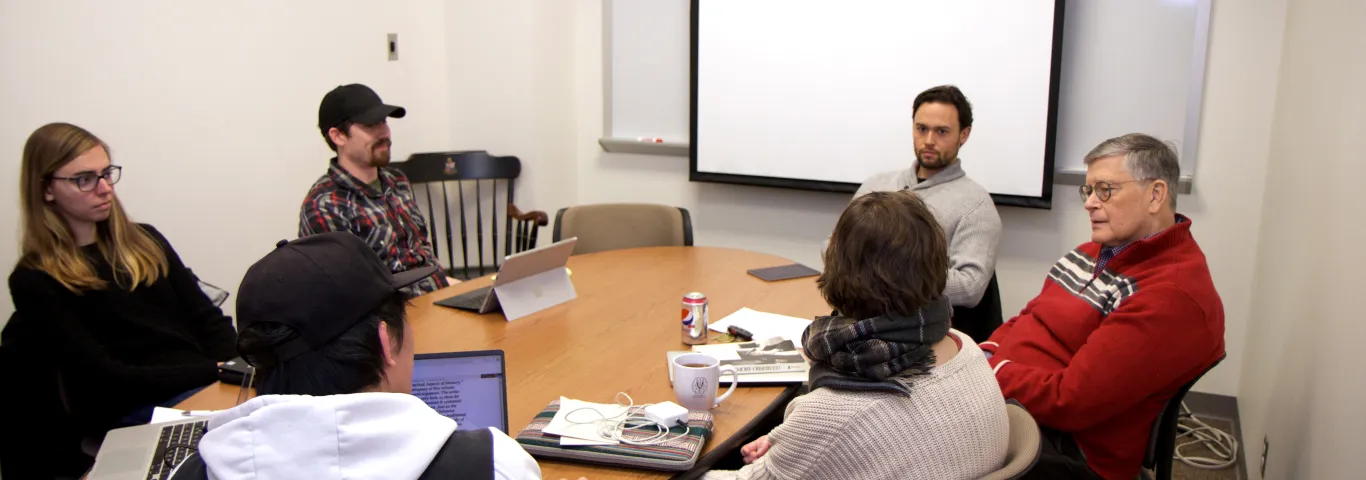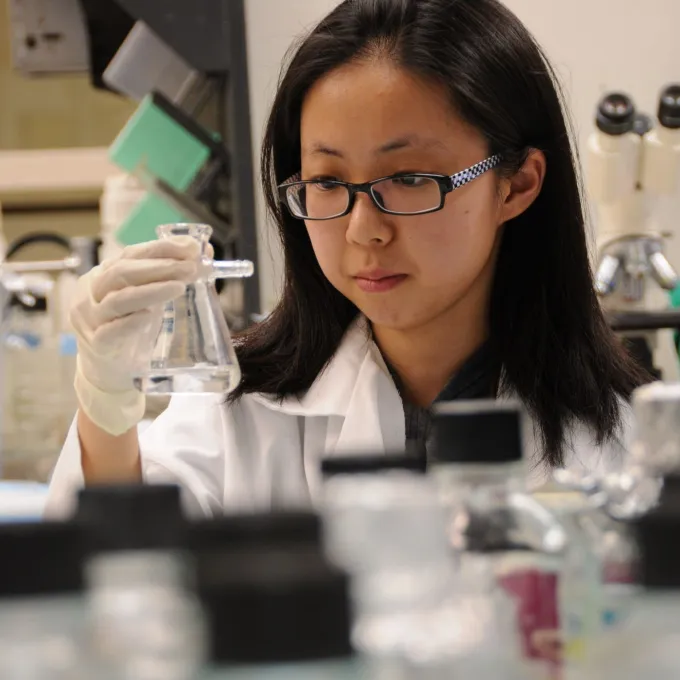Although you declare your primary interest in one of these areas when applying to the graduate program, you are exposed to all areas through your courses, research collaboration, and departmental colloquia. The specific path you will take to that goal will depend in large part on your individual interests and the kinds of educational experiences you pursue. Requirements for course-work are structured to give you a broad exposure to the major areas of psychology as well as basic training in statistics and research methods. Individual programs have additional emphases that reflect their training goals.
Cutting across these four primary research areas, a number of Psychology & Brain Sciences faculty are interested in Diversity Science. This area focuses on research with and/or about underrepresented and understudied populations, including investigating the causes and consequences of bias, racism, prejudice, and socioeconomic disparities, as well as ways to overcome these challenges.



